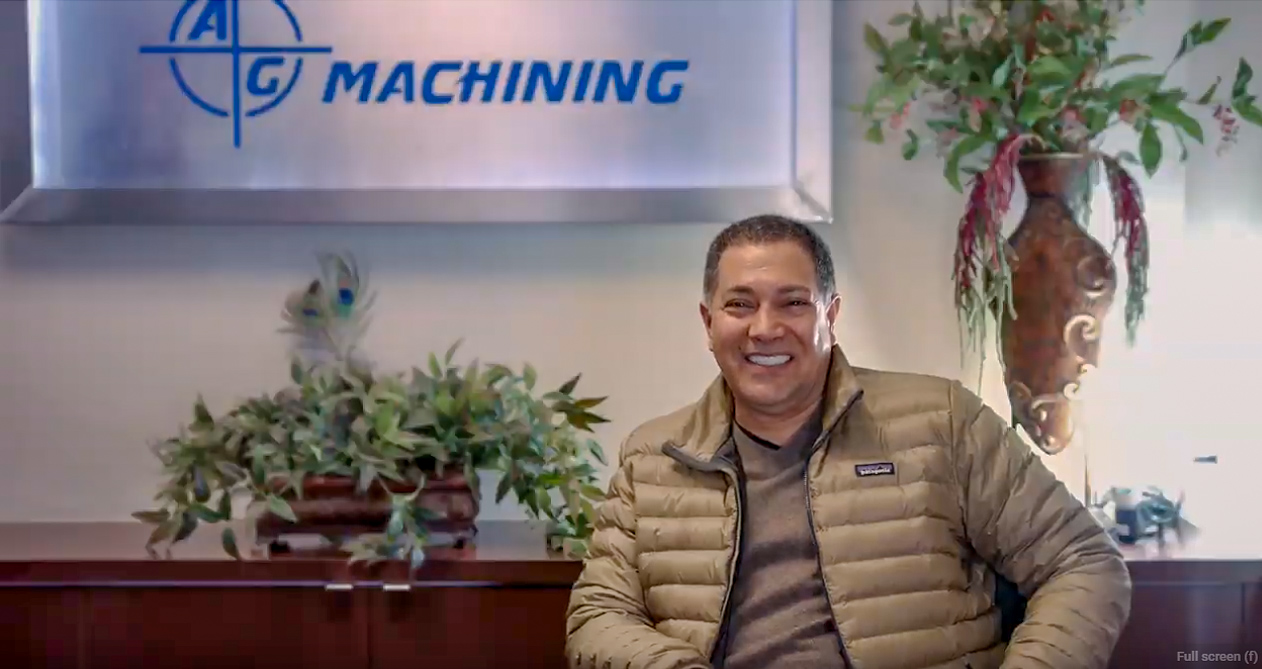Articles & Videos
How to Choose an Invoice Factoring Company

You’ve already done your research and invoice factoring seems to be the most suitable option for financing your business. Other than opting for the company with the lowest monthly fees or highest advance rate, how do you choose the best invoice factoring company for your needs?
Factoring companies use a similar set of underwriting principles to ascertain their risk in financing a businesses’ accounts receivables. Unless you’re a huge organization with a large portfolio of first-rate clients, you’re likely to receive a similar proposal from most factoring companies based on fees alone; those fees might be structured in different ways but when you sit down and do the calculations they’re no doubt, broadly alike.
Figuring out the ways that one provider might stand out over another means knowing the right questions to ask.
What are the value-added services the factor can provide?
Some factoring companies only operate under a ‘full-service’ factoring agreement which means they provide all the back-office support in dealing with your existing clients, collecting payments and assessing the credit risk for new clients. This can be a valuable service for some companies who are looking to reduce the administrative burden on their accounting and other back-office functions, for others it may not be necessary nor beneficial to have this much involvement.
You should establish what services your proposal covers, what the costs are for those services and additionally what systems the factor uses for communication and reporting. How are you expected to submit invoices and information to the factor for example and conversely, what reporting can you expect from your factor and when?
What are all the terms of the agreement?
A factoring company will charge fees based on the level of risk to them, generally the higher the risk, the higher the fees. Aside from your regular fees (the amount the factor retains from each invoice), which as we’ve mentioned, are usually fairly standard, there are many other terms that may feature in your agreement and you should be aware of them prior to making a decision.
- Fees
Regular fees usually range between 1% and 4% and this will be based on the total volume of invoices to be factored, their dollar amount, the industry type, creditworthiness of your clients, average collection period (time it takes debtors to pay you) and what the concentration rate of your customers is – rule of thumb is; fewer clients = higher concentration = higher risk and fees. Also ask whether fees are based on the amount advanced or the invoice value so that you can accurately estimate costs when comparing.
- Advance rate
The advance rate is the percentage of the invoice that is advanced to you prior to customer payment. Advance rates can vary greatly from industry to industry from 70% to 95%. Usually the higher the financial risk of the industry you’re operating in, the lower the advance rate will be.
- Other contractual fees
Most factoring agreements will detail other contractual fees in the case that there are certain things that don’t happen as agreed upon. Do you have to factor a minimum amount (either volume or revenue-based) or incur a fee? For a growing business, check whether there is a maximum amount of funding available on your account. Also, are there additional fees applied for due diligence and background checks undertaken by the factor on the businesses’ behalf?
- Agreement duration
Again, you need to be aware if there are fees that may be applied in the event that you want to discontinue use of factoring services prior to the end of your agreement period. A reputable factoring company will not choose to tie you into a contract for longer than necessary, instead they will strive to provide tailored financing for just as long as you need it to succeed in moving on to the next phase of your growth.
- Recourse or non-recourse factoring
The two main types of factoring you’ll see in a proposal are recourse and non-recourse. The main difference is the level of liability for the business owner. With recourse factoring, the business owner is responsible for repaying the factor in the event that a client doesn’t pay an invoice and with non-recourse factoring, the business owner is not liable for paying unpaid debts if their client files bankruptcy. Non-recourse factoring is riskier for the factor and therefore usually costs more, although in either scenario, factoring companies will be reluctant to factor invoices from bad-credit customers.
- Is it whole-ledger or selective factoring?
Whole ledger factoring means you agree to submit all of your client invoices, with lower fees or you may want to investigate selective factoring which is for certain debtors only, however this type of agreement attracts higher fees than a whole ledger arrangement.
How much experience does the factor have?
It’s important to understand how much experience the factoring company has; this includes researching how long they’ve been in the factoring industry, their level of experience in your particular industry and also the level of experience of their employees.
A company that is already well versed in your industry will save you valuable time in the selection process in not having to explain the unique characteristics of your business model.
A reputable company will also be invested in the professional development of their team. Ask about the qualifications and experience of the account executives and operational staff that will look after your account on a day-to-day basis. At Sallyport, most of our team hold the ‘Certified Account Executive in Factoring’ (CAEF) designation which requires them to demonstrate expertise in the management of factoring accounts and advance their development through ongoing education.
Asking these questions up-front gives additional reassurance that you’ll have the best people taking care of your account at every stage.
How does the factor regulate themselves?
Factoring companies are not bound by the same regulations as banks. This is usually one of the main reasons for choosing this finance option as borrowing rules are not as stringent or inflexible as a traditional lender.
Having said that, a trustworthy and stable factoring company will usually be a member of the International Factoring Association (IFA) and adhere to their strict code of ethics but also have their own procedures and policies in place internally to ensure that all factoring operations are carried out ethically and professionally.
Other questions you might ask
- How long might the approval process take?
Whilst this shouldn’t be the main criteria for choosing a factoring company, if you’re in need of the funding quickly, it will be a consideration. Making a financial decision under pressure is never a good idea, try to leave enough time to research your options.
- How good is customer service?
You should be able to get a good feel for the factoring companies’ customer service standards from your initial email and telephone communications. Making you sit on-hold for extended periods, passing you from employee to employee or not being very responsive to emails are all sure-fire warning signs that the company might not offer an acceptable level of service.
Spend time finding the right factoring company for you
Choosing the right factoring company for your needs and unique situation will ultimately be the difference in whether your experience is a positive or negative one. It might take a little time to find out the specifics of their business background and their proposal but it will ensure you get the best possible fit for your business.
Sallyport prides ourselves on transparency and we’re always ready to answer any questions you might have on the invoice factoring process or the types of agreements we can offer. Don’t hesitate to reach out for further details on our services.
Search
News
Q1 2025 Funding Highlights
We’ve had a strong start to Q1, not just here in Scotland but across the UK – we’re proud to…
Read MoreQ4 2024 Funding Highlights
With 2024 all wrapped up, we’re proud to share a snapshot of the incredible businesses we’ve had the privilege to…
Read MoreArticles
Are Small Business Loans Hard to Get?
Small business loans have been the primary source of external financing for businesses and entrepreneurs for hundreds of years and…
Read More2021 Year-End Financial Checklist for Small Business
Business owners are busy all year round but as the holiday season approaches, things reach a new level of hectic.…
Read MoreVideos
AG Machining Client Testimonial
AG Machining Client Testimonial
View Now



